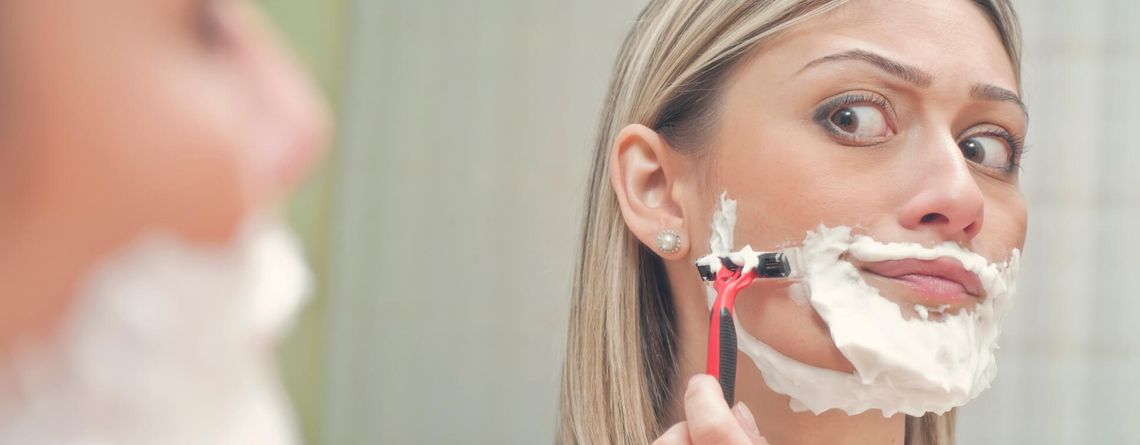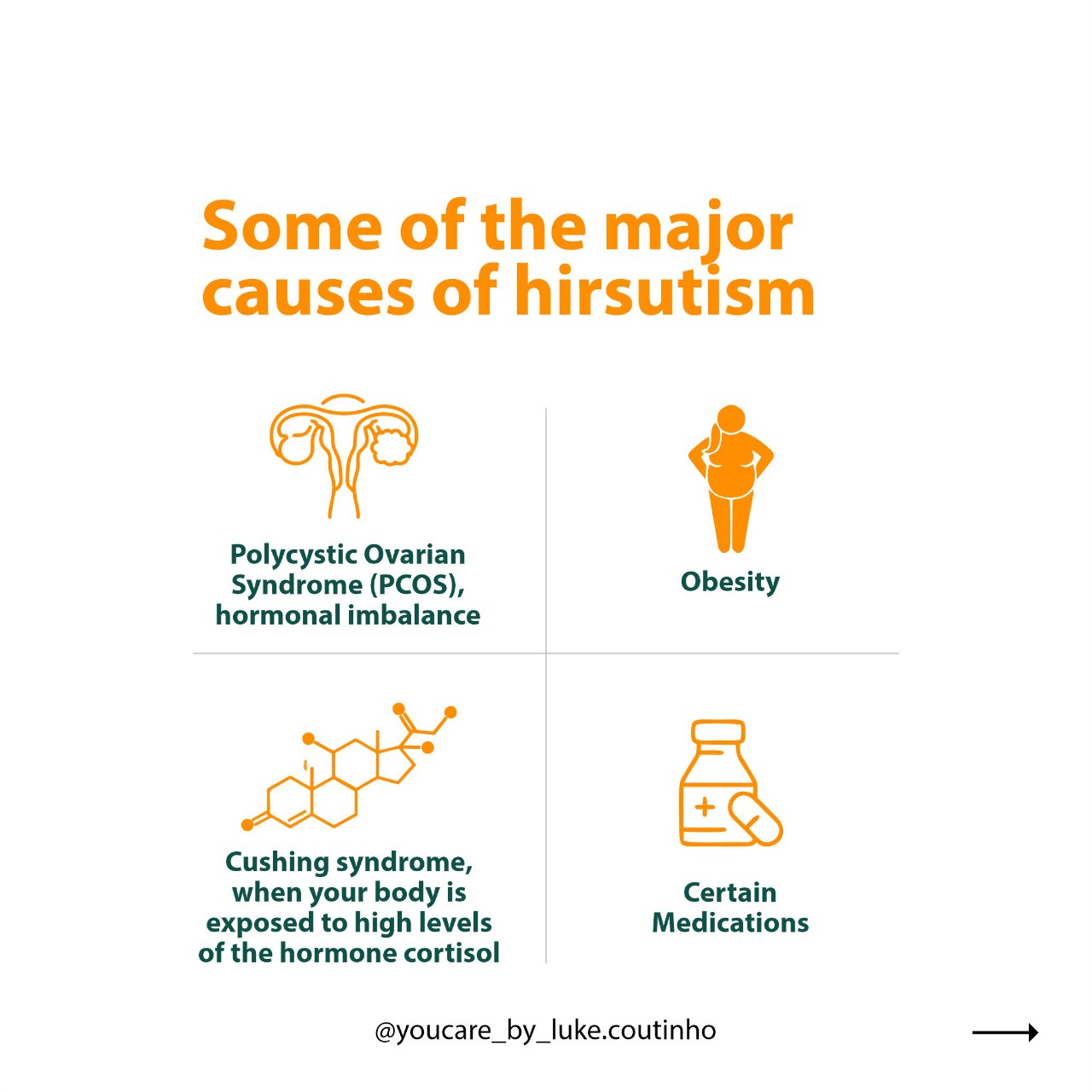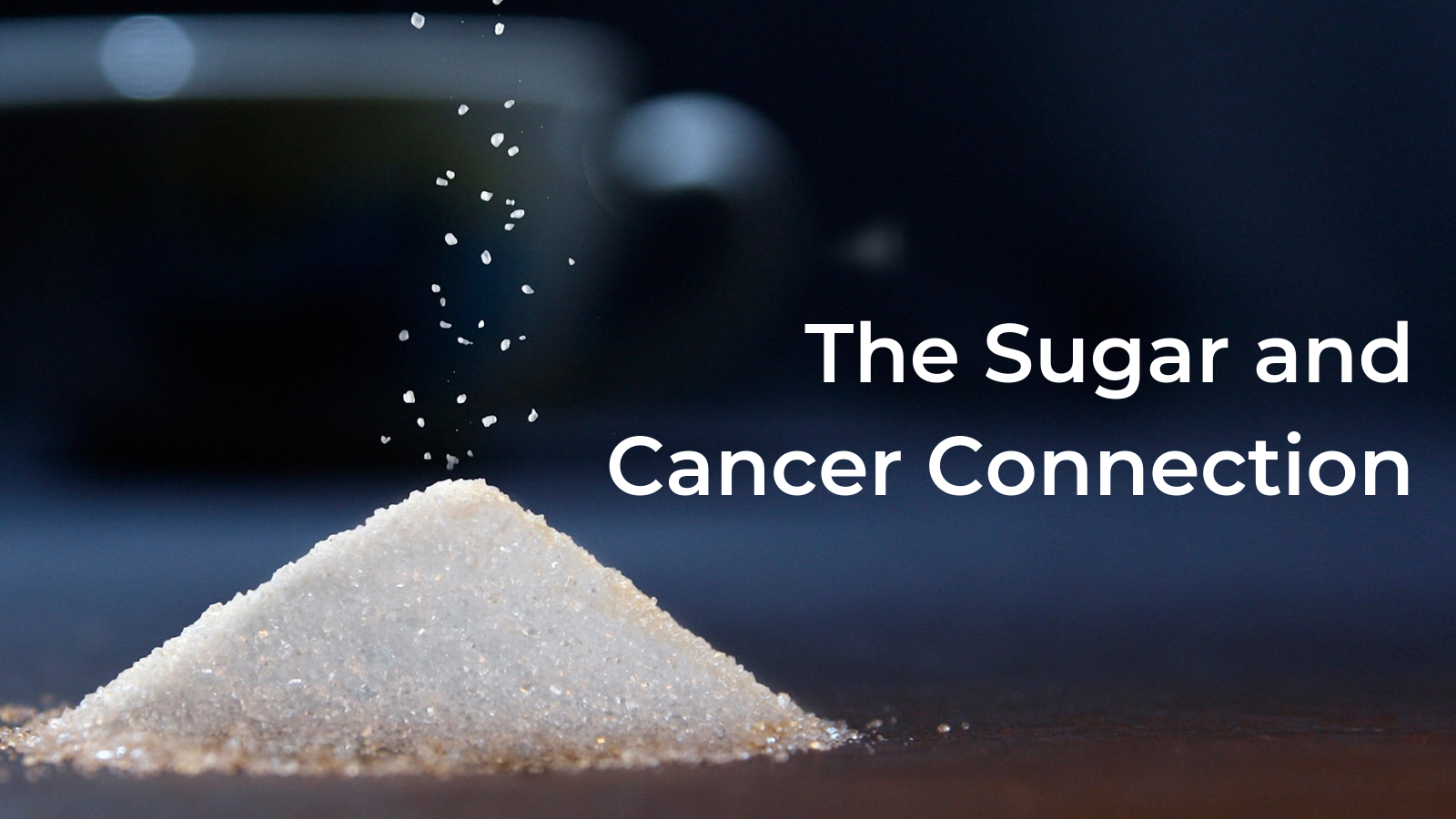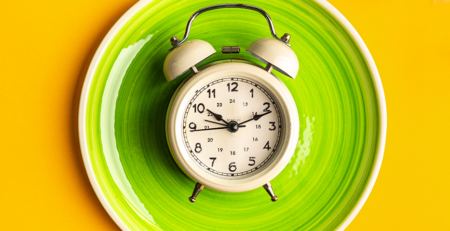Ladies, Struggling With Excessive Body Hair? THIS May Help
Ladies, are you struggling with unwanted hair growth on your face, chest, back, stomach, abdomen, buttocks, and other areas? Known as hirsutism, this condition is commonly linked to hormonal imbalance and Polycystic Ovarian Disorder (PCOD). In this, a woman’s body starts producing more androgens (male hormones) which can lead to excessive male-pattern hair growth on different parts of the body.

You may wonder what is the big difference between the typical hair on a woman’s body and face (also known as peach fuzz) and hair growth caused by hirsutism? It is the texture. When caused by hirsutism, this growth is coarse, dark, and very visible.
While hirsutism may seem like just a physical condition, it can be a source of emotional stress for many women. Research shows that it can decrease self-confidence and increase anxiety and the risk of depression among women. Its early onset begins typically between 13–19 years of age.
Waxing, plucking, shaving, and threading may offer temporary fixes, but the regrowth is almost frequent. Depending on the severity, one may develop thick and coarse, ingrown or split hair. How can you address this at its root? Can lifestyle changes play a role in managing or reversing it? Let’s find out.
Causes of hirsutism
One of the main reasons is a hormonal imbalance or Polycystic Ovarian Syndrome (PCOS). When your hormones are out of range or when you put on too much weight or are obese your body starts producing more androgens leading to this hair growth. In the very rare case, it’s genetic.
Did you also know that Cushing syndrome can also lead to hirsutism? It is where your body is exposed to high levels of or starts producing excess cortisol (stress hormone) over time. Certain medications used to treat endometriosis, testosterone, or dehydroepiandrosterone (DHEA) deficiencies can also result in this form of hair growth.
Before you hop onto different avenues to get rid of this hair topically with products, procedures, and laser treatments, you need to fix your root cause and reset your hormonal balance. There is no quick fix, but over time with discipline, consistency, and sustainable lifestyle changes, you can slow down the growth of this hair.
What are some tips that our hormone experts suggest?
Lifestyle is the first step towards reducing the effects and severity of hirsutism. Before you hop onto that birth control pill, trust the intelligence of your body.
- Address your hormonal imbalance and bring them back in sync. Because unless this is done, no laser treatment, gels, and creams will be able to fix your problem.
- Manage your body weight, especially abdominal fat by focusing on all 4 pillars: deep cellular nutrition, adequate activity (no overtraining/undertraining), emotional wellness, and quality sleep. Don’t hop onto fad diets or programs that deprive you of macro and micronutrients.
- Focus on eating clean. Cut down refined sugar, junk and fried foods, and aerated drinks. Curb mindless cravings.
- A research study showed that consuming a high-fiber diet by obese or overweight women with hirsutism and PCOS may reduce some factors including the level of fasting blood sugar, insulin, and LDL or bad cholesterol, and enhance HDL or good cholesterol. Eating this is recommended to manage hirsutism. Don’t forget to add healthy fats to your meals like coconut oil, nuts and seeds, and so on.
- Studies also found that consuming less animal fat and increasing your intake of fiber, unsaturated fat, and phytoestrogens (found in fruits, veggies, legumes, and whole grains) can help improve insulin resistance. It can also significantly increase sex hormone binding globulin (SHBG) and reduce testosterone concentration, body weight, total cholesterol, fasting glucose, and insulin.
- Staying active is not a choice but a must. Keep moving. Walk, practice strength training, yoga, and meditation.
Don’t skimp on sleep. If you are perpetually sleep deprived your hormones will be thrown out of whack. Fix your sleep patterns. - Manage your emotional health and navigate your stress in a healthier way.
- Focus on fixing your gut health. Your gut is the epicenter of your health. Learn how to build good gut health here.
- Practice seed cycling. Seed cycling is a naturopathic approach of having four seeds on a rotational basis for hormonal balance. Have 1 tbsp each of pumpkin and flaxseeds daily in the follicular phase (Day 1 to Day 14 or ovulation). Have 1 tbsp of sunflower and sesame seeds daily in the luteal phase (Day 15 or post-ovulation until Day 1 of your next cycle). These seeds should be raw, soaked, and ground. Know more about the benefits of seed cycling here.
- Practice deep breathing.
Want to treat the root cause of hirsutism and bring your hormonal health back on track? We help you find a way. Join our Hormone Care Program. Our integrative experts will help you balance your health naturally with lifestyle changes. Want to know more? Speak to our wellness consultants on 1800 102 0253 or write to us at info@lukecoutinho.com.
Disclaimer: Always make an informed choice. Especially if you are on certain medications or have a medical condition, keep your doctor in the loop before trying anything new. None of what is mentioned in this blog can be a replacement for your doctor’s advice.
RELATED READING
10 Health Benefits of Pumpkin Seeds: From Hair to Skin, Fertility, Sleep, and More
Stay Alert Of These Hormone Disruptors
Hormonal Imbalance and How to Balance Them Naturally
|
From a pimple to cancer, our You Care Wellness Program helps you find a way Talk to our integrative team of experts today 18001020253 |











Comments (2)
Thanks a lot for the information. I need some help on guitor. I have a nodul in my neck how u can help me
We need to understand your case in detail. Please connect with our team on info@lukecoutinho.com.
– Team Luke